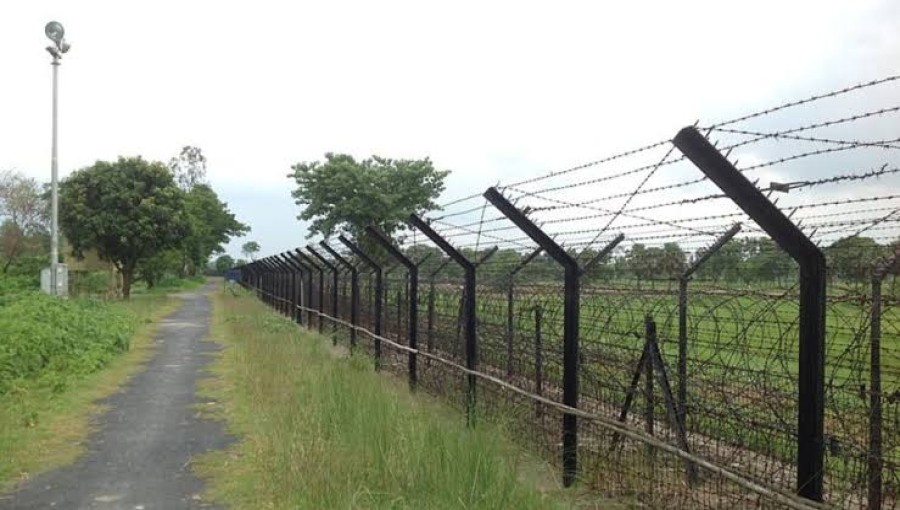Indian authorities have unveiled plans to construct a perforated fence spanning the 1,610-kilometer (1,000-mile) border between India and Myanmar. This ambitious project, estimated to cost $3.7 billion over the course of approximately a decade, aims to curb smuggling and other illicit activities along the border.
The decision comes amidst escalating concerns over national security and the demographic composition of India's northeastern region. Earlier this year, India had signaled its intention to fortify the border, alongside calls to terminate a longstanding free visa policy with Myanmar, particularly for residents residing in border areas.
A government committee, having greenlighted the allocation of funds for the fence earlier this month, awaits final approval from Prime Minister Narendra Modi's cabinet, as revealed by an anonymous source familiar with the matter. Reuters, the British news agency, broke the story on Wednesday.
Efforts to solicit comments from key Indian government ministries, including the Prime Minister's Office and the Home, Finance, External Affairs, and Information and Broadcasting ministries, yielded no immediate response.
The announcement comes against the backdrop of an influx of civilians and soldiers seeking refuge in Indian states bordering Myanmar following the military coup in Myanmar in 2021. The deep-rooted ethnic ties between the two nations underscore the complex dynamics at play, with India wary of potential communal tensions arising from the influx.
In particular, India's northeastern state of Manipur has been roiled by unrest, with porous borders with Myanmar cited as a contributing factor. A protracted civil conflict between rival ethnic groups, including Myanmar's Chin tribe, has further exacerbated tensions in the region.
According to the source, a committee of senior Indian officials has endorsed the construction of a parallel road running alongside the fence, in addition to a 1,700-kilometer (1,050-mile) feeder road linking military installations with the border.
The project's hefty price tag, estimated at approximately Rs 12.5 crore per kilometer, reflects the formidable challenges posed by the rugged mountainous terrain and the imperative to deploy advanced technology to deter infiltration and erosion.
The endeavor, while ambitious, underscores India's commitment to bolstering border security and safeguarding its territorial integrity in the face of evolving regional dynamics.





























Comment: